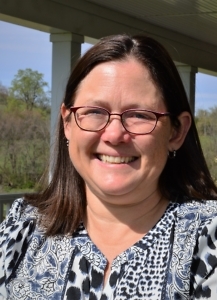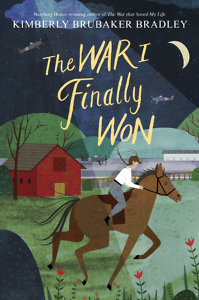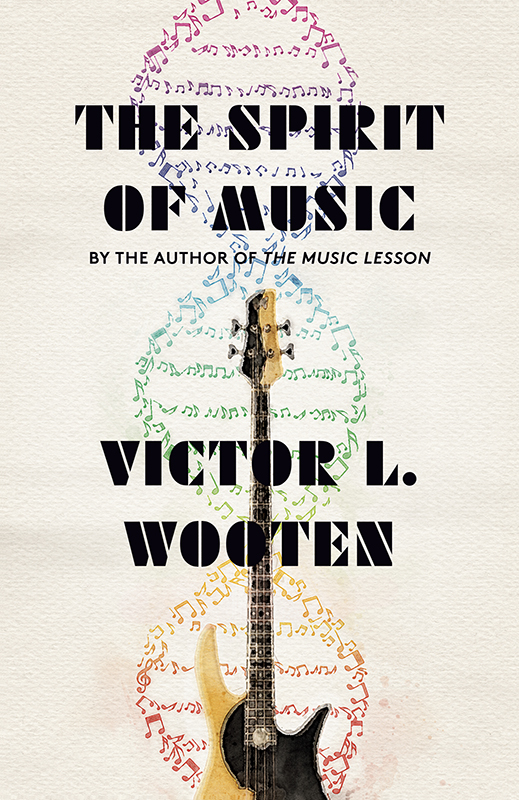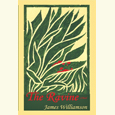Among Family
A neglected girl finds a home in Kimberly Brubaker Bradley’s The War I Finally Won
Ada Smith is in a good place at the end of Kimberly Brubaker Bradley’s Newbery Honor-winning The War That Saved My Life, but her situation is still precarious. She’s not sure whether she and her little brother, Jamie, can remain with Susan, who has finally given them the stability and love they’ve never before experienced. Meanwhile, England continues to be under attack by German bombers. Susan’s home has been destroyed, and they all struggle with a shortage of food, clothing, and fuel, and with the disruption of everyday life.

The War I Finally Won picks up shortly after the end of the earlier middle-grade novel, with eleven-year-old Ada in the hospital. She is about to have an operation to fix a club foot, the reason her mother called her “Nobbut a monster.” After surgery, she’ll be able to walk, to run, and-perhaps most importantly-ride a horse astride rather than sidesaddle, but the “corrected” foot will never match the other one. And healing will be slow and painful.
When Ada learns that her mother has been killed in London, she thinks, “A good daughter would feel sad, I supposed. But if Mam was dead, then I was no longer anyone’s daughter.” Unlike Jamie, who soon calls Susan “Mum,” Ada is quick to correct anyone who refers to Susan as her mother. “Jamie and I were shipwrecked, but we hadn’t been rescued after all,” she thinks. “We were still struggling not to drown in the storm-tossed sea.”
Ada is accustomed to protecting Jamie from their volatile mother and has a hard time letting Susan be the adult in the family. As horrifying as their life in London was, at least she knew who she was and what was expected of her. She didn’t have to worry about how to behave around new people and wasn’t confused by words and behaviors she has never been exposed to.
 After Susan’s house is destroyed, they move into a cottage owned by the imperious Lady Thorton, who also pays for Ada’s corrective surgery. Ada finds an odd kind of kindred spirit in their stubborn benefactor, who has led a restricted life, too, and who also has a hard time seeing someone else’s point of view. Ada asks questions that other children don’t think to ask, which is often disconcerting to the adults in her life. In this way, as well, she’s similar to Lady Thorton, who’s blunt and opinionated. But Lady Thorton is even more helpless than Ada, who at least knows the basics of cooking and cleaning.
After Susan’s house is destroyed, they move into a cottage owned by the imperious Lady Thorton, who also pays for Ada’s corrective surgery. Ada finds an odd kind of kindred spirit in their stubborn benefactor, who has led a restricted life, too, and who also has a hard time seeing someone else’s point of view. Ada asks questions that other children don’t think to ask, which is often disconcerting to the adults in her life. In this way, as well, she’s similar to Lady Thorton, who’s blunt and opinionated. But Lady Thorton is even more helpless than Ada, who at least knows the basics of cooking and cleaning.
In the following months, Ada navigates friendship, a first crush, and feeling competent for the first time. When a German Jewish refugee joins them in the cottage, she struggles to comprehend why Lady Thorton’s hatred of Germans includes even this young girl, only a little older than Ada. In trying to understand, Ada comes to see a damaged side to Lady Thorton, and in time the rescued becomes the rescuer. Helping Lady Thorton, she goes a long way toward healing herself.
Beautifully written in short, spare sentences that perfectly mirror Ada’s personality, The War I Finally Won never falls into sentimentality. The reader’s heart may break over Ada’s difficulties, but Ada’s own stubborn resilience won’t allow her to break.
“You can know things all you like, but that doesn’t mean you believe them,” Ada says at the opening of the book. It’s a statement she repeats several times throughout the story, but as she learns to trust Susan, Lady Thorton, and herself, she reaches a new conclusion: “You can know things all you like, and someday you might believe them.”

Tracy Barrett is a writer who lives in Nashville. Her most recent book, a YA novel entitled Freefall Summer, was published in 2018 by Charlesbridge Teen.


